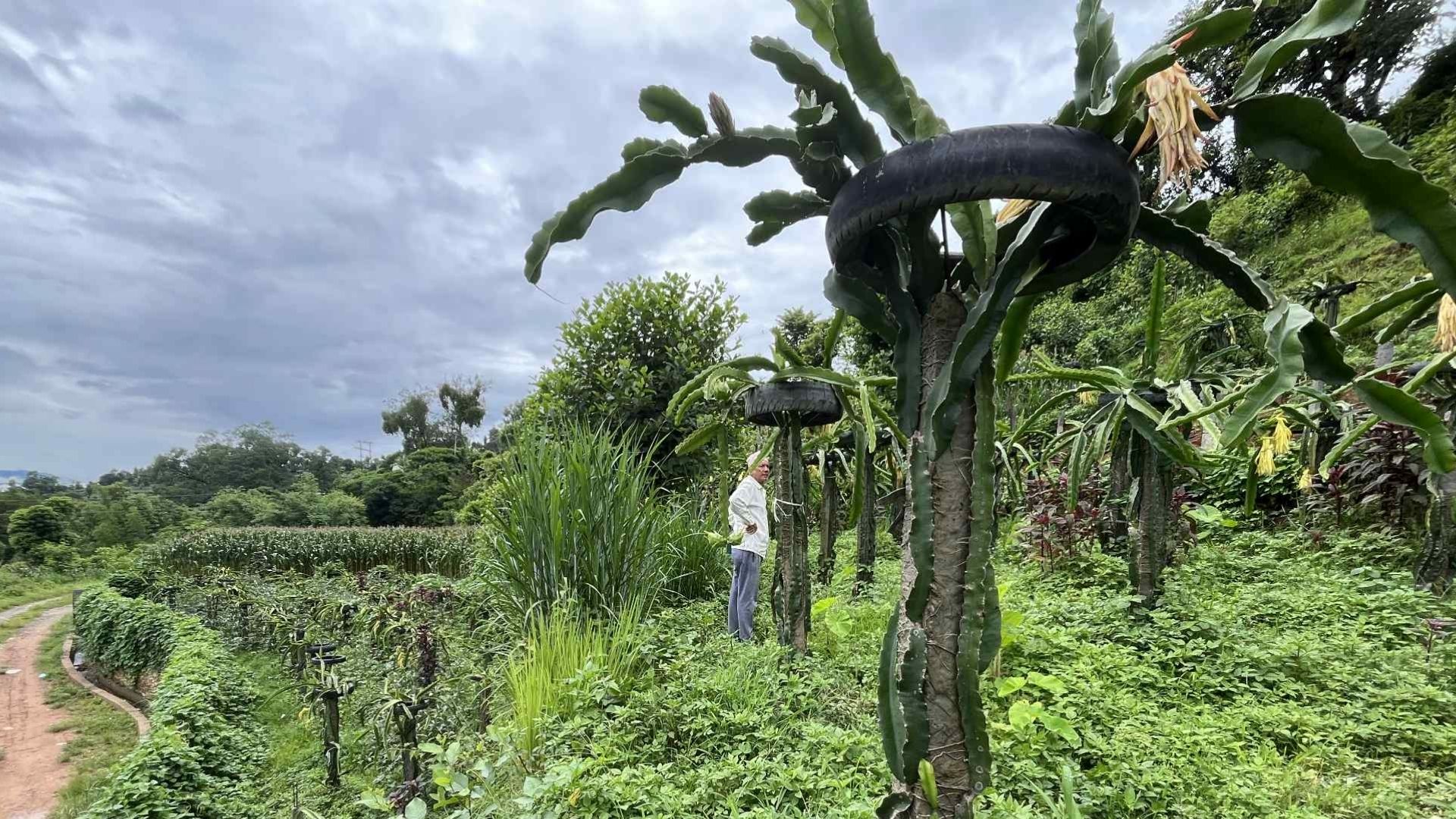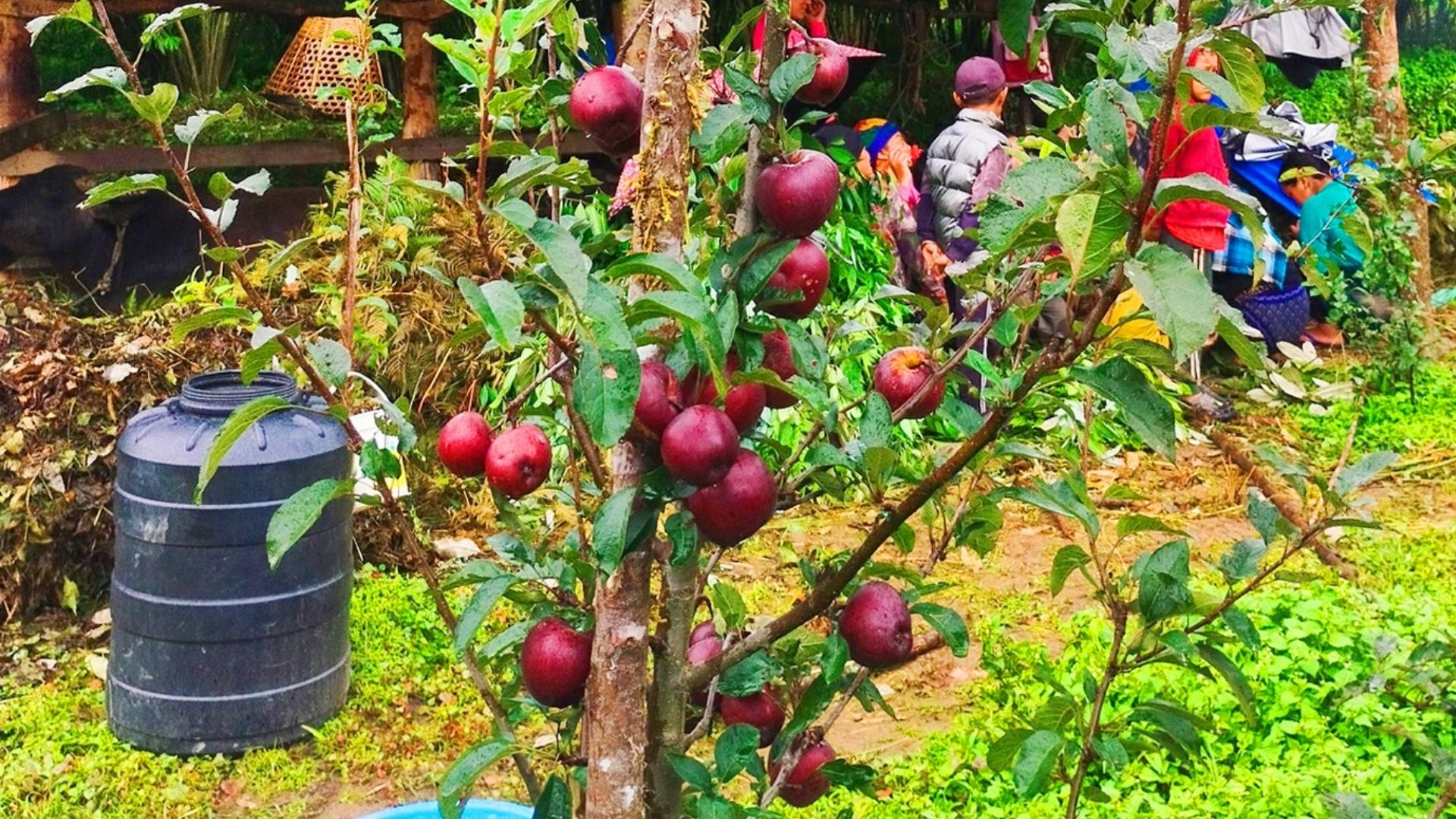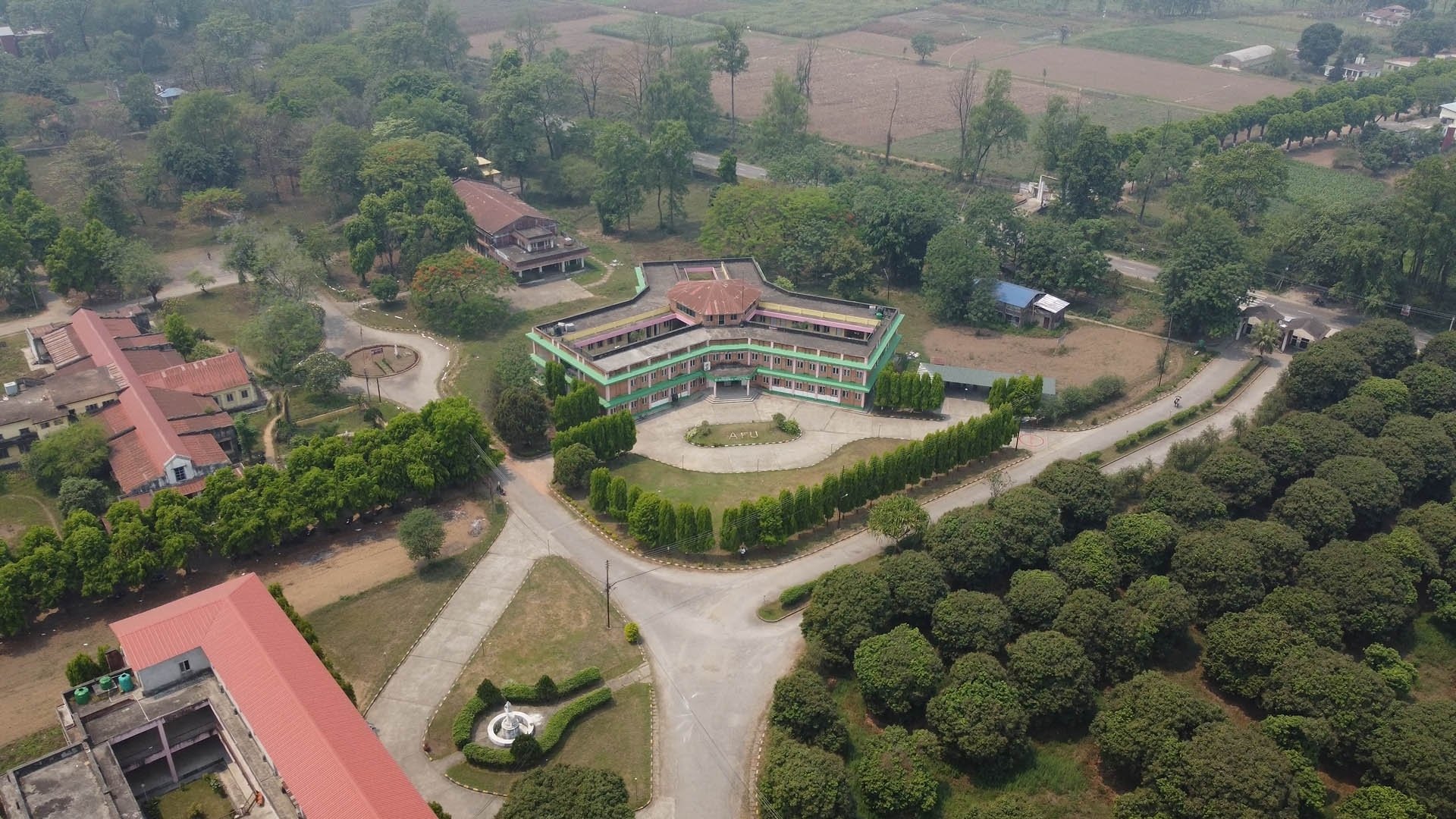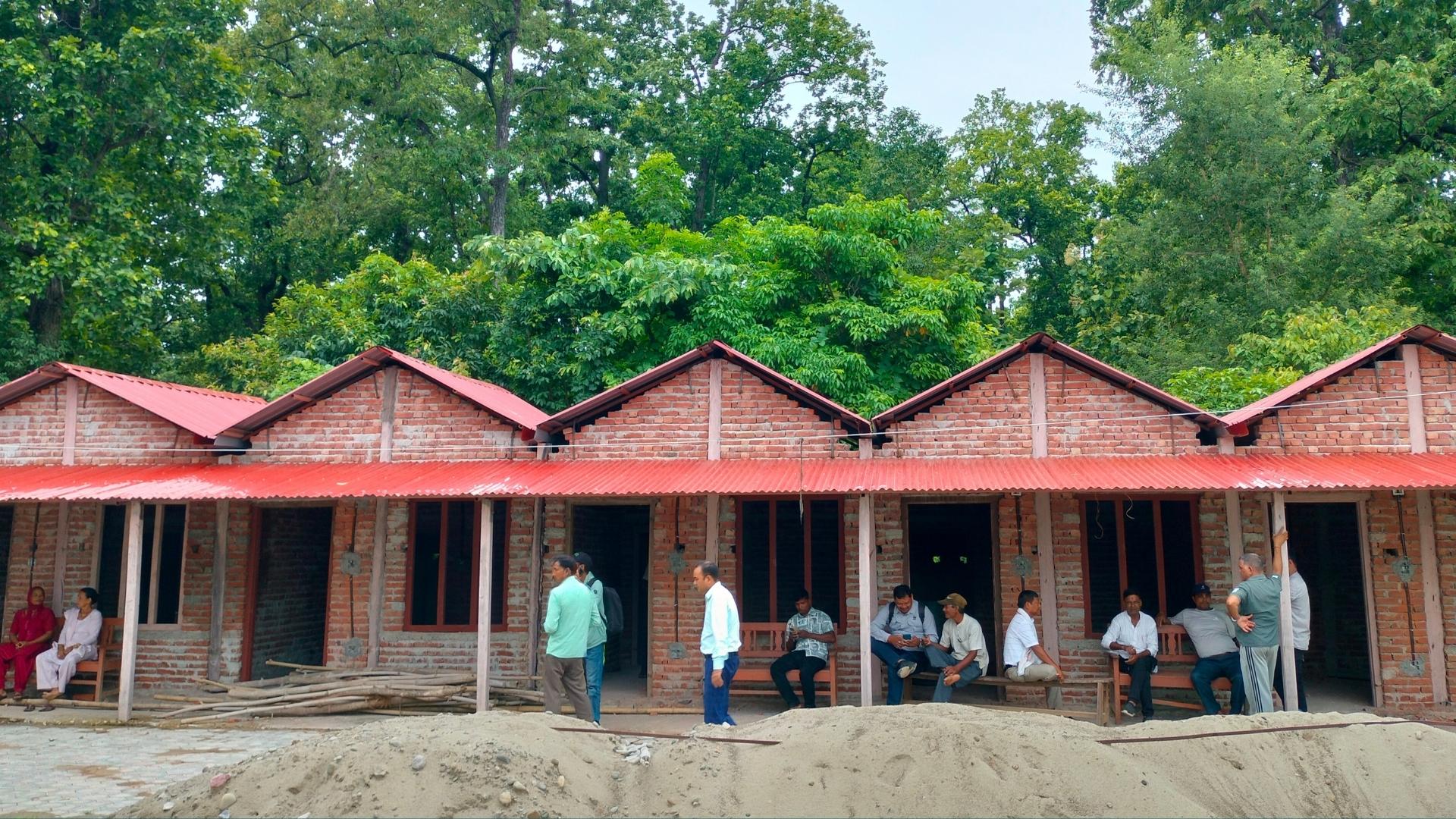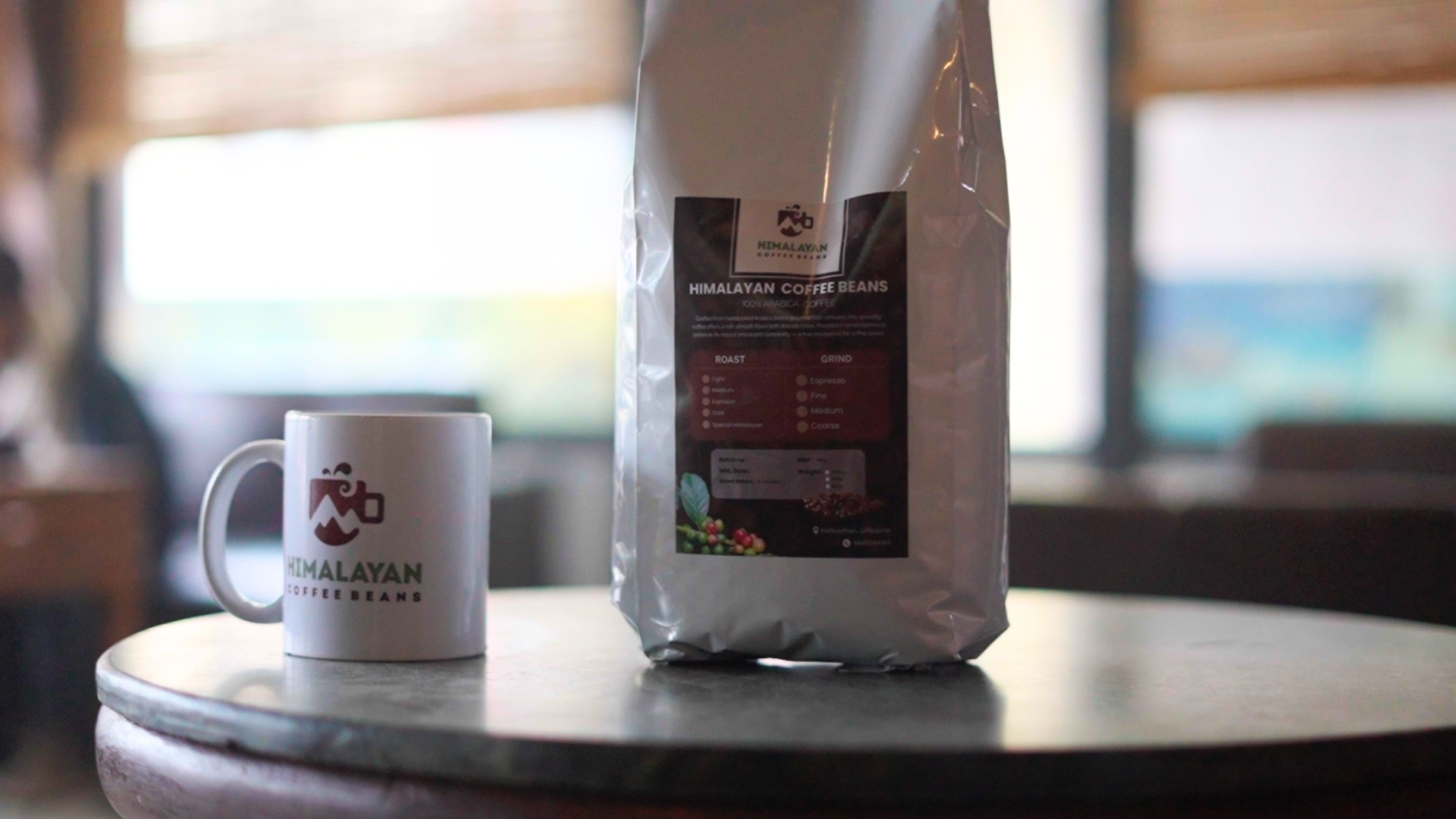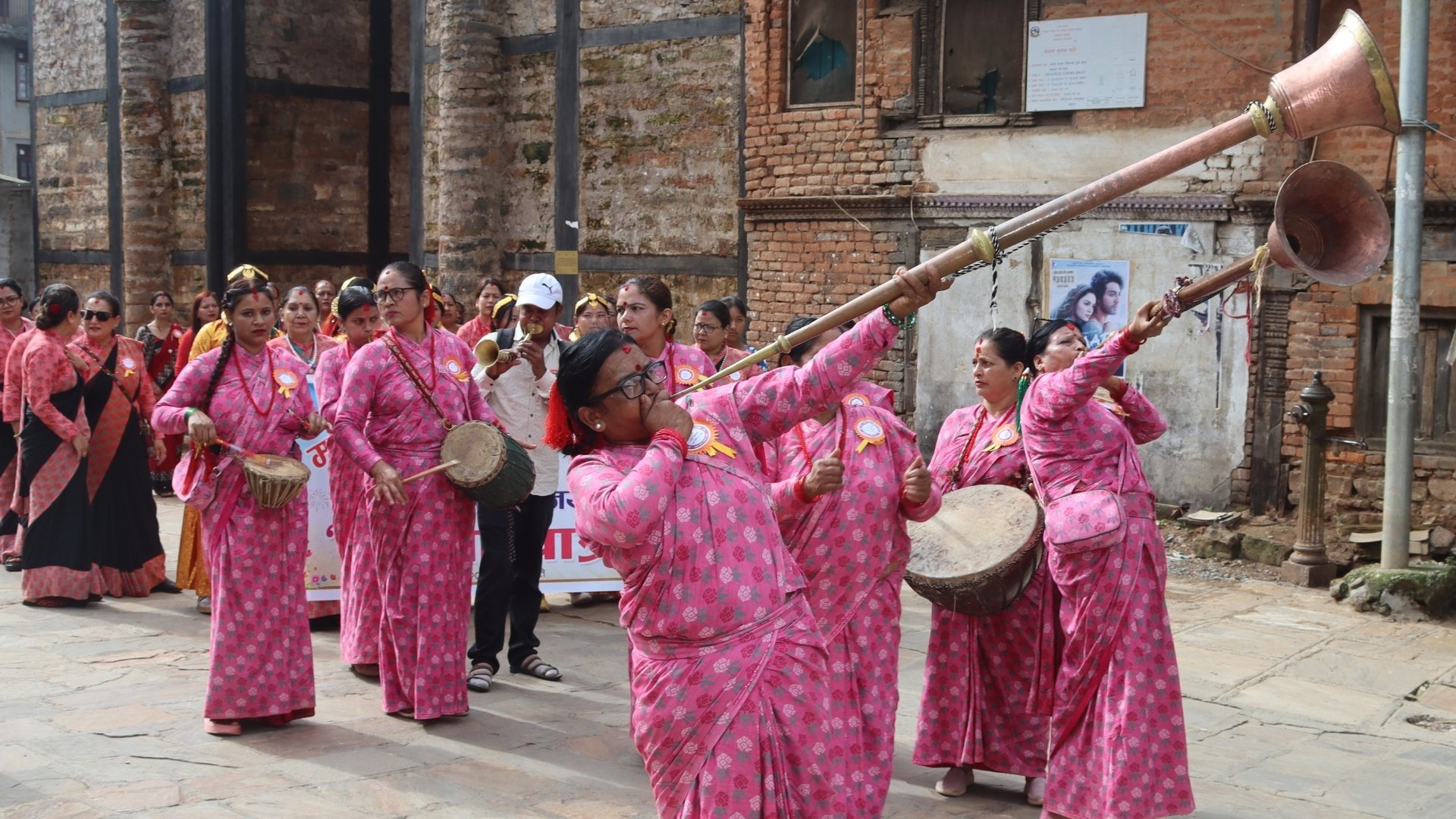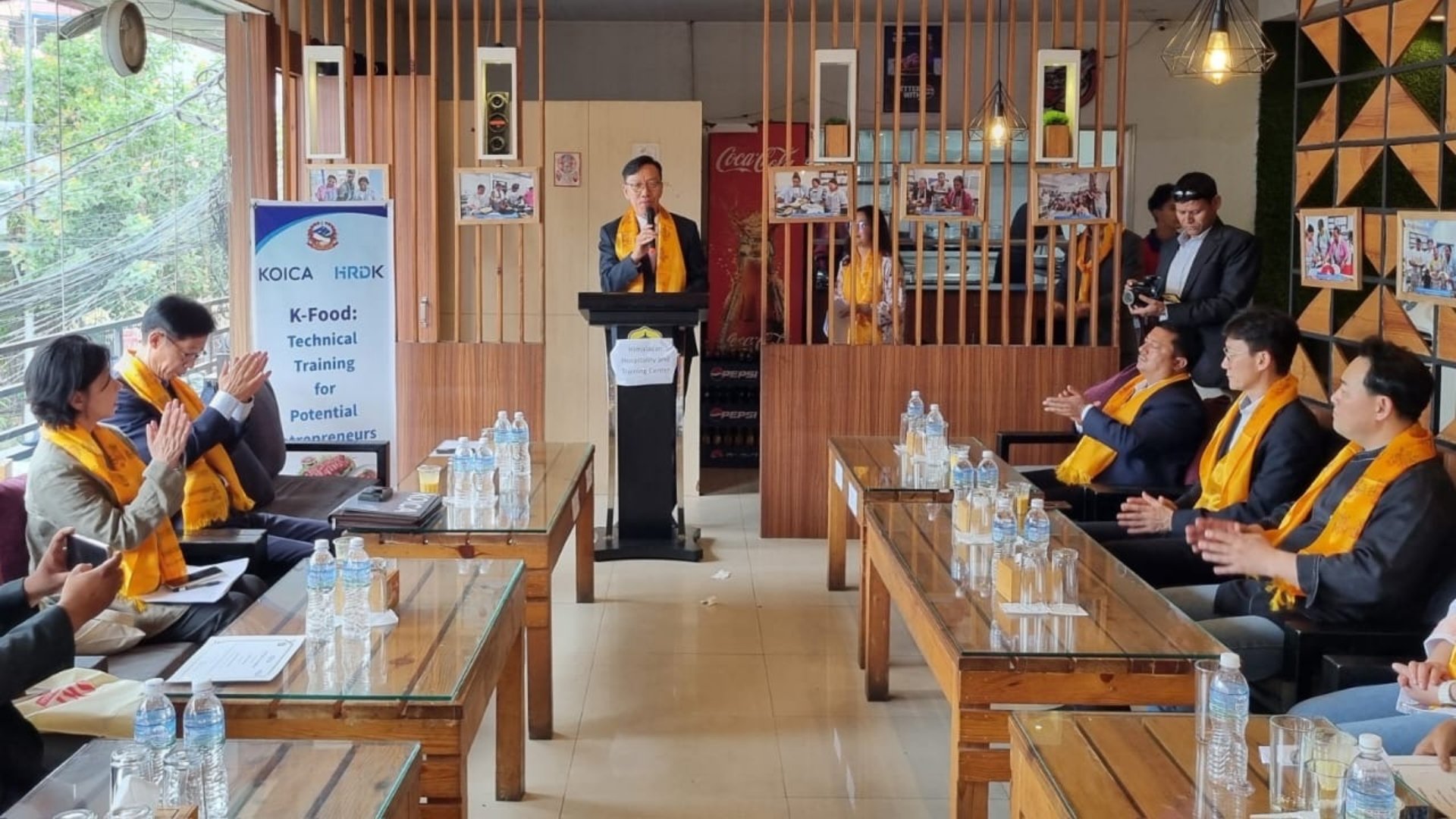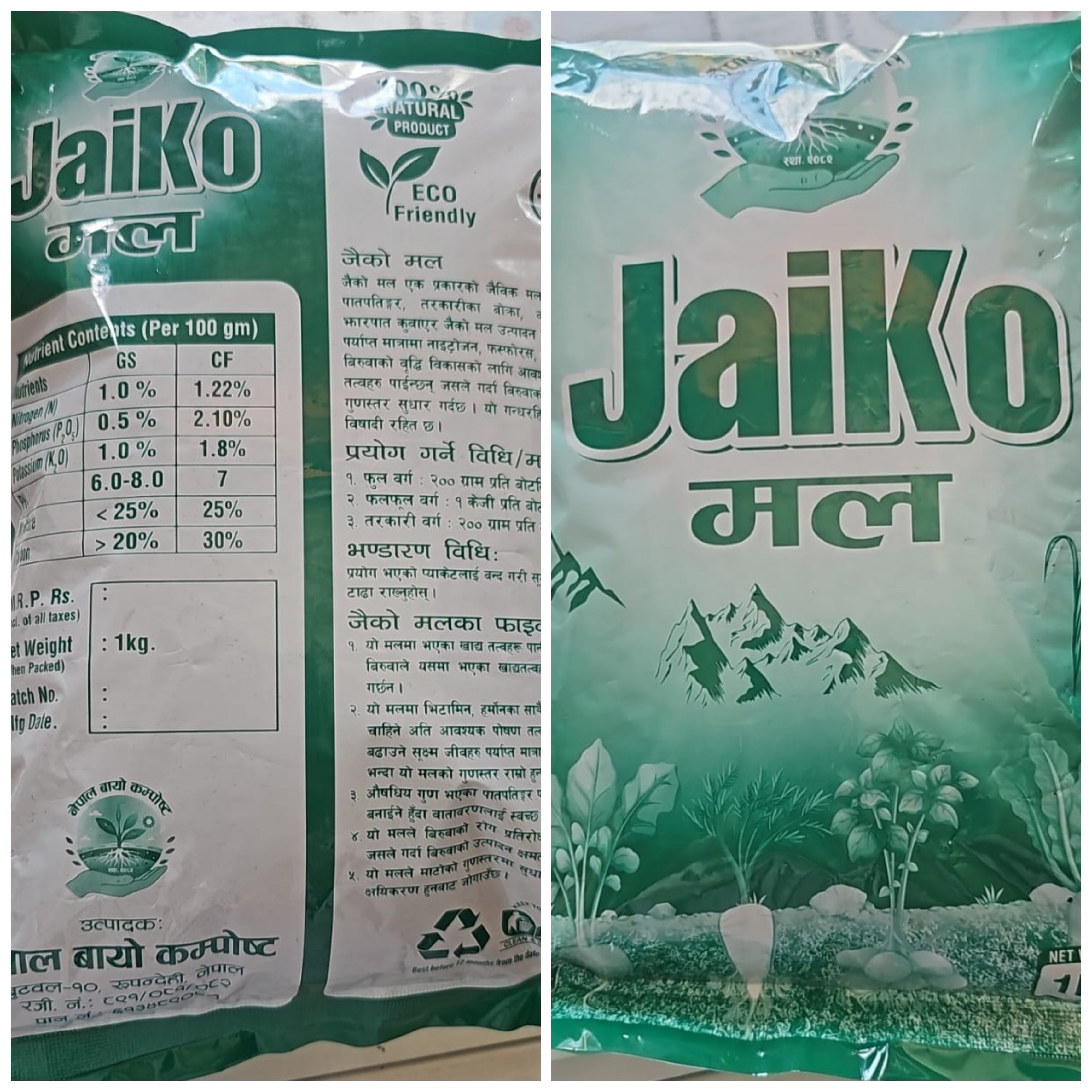Women from Bardibas Municipality–12 have been collectively running the Panchadhura Homemade Pickle Industry, moving toward self-reliance by transforming their kitchen skills into a sustainable business. Eleven women, using their knowledge of traditional food preparation, have established this enterprise and are now earning independently.
Pratima Koirala, a local resident of Chalki Bijalpura in Bardibas–12 and also a member of the Nepali Congress Central Committee, shared that her idea began two years ago during the Dashain festival. Motivated by the thought of doing something meaningful, she started making various types of pickles using locally available ingredients and gradually began marketing them. “I started making different varieties of pickles at home. As I began exploring the market, the products were well received, and I decided to continue,” she said.
With the increasing demand for pickles during Tihar, Koirala expanded her offerings to include festive delicacies like sel roti, anarsa, khajuri, patre, and namkin. “The demand kept growing. Eventually, we registered Panchadhura Homemade Pickle as an industry along with other women in the community,” she explained.
Initially working alone, Koirala couldn’t meet the growing demand, so she formed a group by involving other women from her neighborhood. The group, officially formed in August 2024 (Bhadra 2081 BS), took about a year to establish. “Now there are eleven women in the committee. Even with more hands, there’s so much work that it keeps all of us fully occupied,” she added.
Today, the industry produces a wide variety of pickles using mango, gooseberry (amla), chili, garlic, ginger, satu, and lapsi (Nepalese hog plum), among other ingredients. According to Koirala, the initiative has gained further momentum thanks to encouragement from Sunita Nima Phuki, leader of the R&D organization that promotes women entrepreneurship.
“With support from all sides and dedicated, like-minded women, we have been able to grow together,” said Koirala. “What began as just ‘me’ has now become ‘us’—and we aim to make this a model enterprise.”
The industry, once run from a home, has now moved into a rented space near the East-West Highway since July (Shrawan). An Australian donor organization, ICIMOD, has provided essential equipment such as machines for pickle-making, grinding spices, flour preparation, and refrigeration.
Sharada Koirala, a group member, shared that customers come from far away just to taste their sel roti and badam (chickpea) ghugni (a spiced dish). “We make pickles in the morning and evening, and sell sel and chanako ghugni during the day. Many regular customers include visitors and staff from nearby offices like Land Revenue, Transport, Internal Revenue, Survey Department, Nepal Telecom, and District Traffic Police.”
“The taste of their sel and chanako tarkari lingers on the tongue,” said Ram Babu Nyaupane, a legal assistant at the Land Revenue Office. “These women are not only doing inspiring work but also generating income.”
According to group secretary Usha Dhakal, each of the eleven women initially invested NPR 10,000 to start the business a year ago. The group has become a platform for women to learn new skills and apply them in real-world settings.
“Being part of a group helps us learn from each other and share ideas,” said member Laxmi Koirala. “We plan to expand our product range and include more women in the future.” The women say their collective effort is helping them meet their own needs while fostering self-reliance.
ICIMOD’s support was motivated by seeing the women’s determination and enthusiasm, Pratima Koirala added. “These women are truly committed to doing something. We’re happy to support their efforts,” said Isabella Kojel, Deputy Director of Agriculture at ICIMOD’s Madhesh office. “We believe this industry has strong potential for success.”
Deputy Mayor of Bardibas Municipality, Taradevi Mahato, also praised the women’s initiative. “They’ve done an exemplary job. I will coordinate efforts to further strengthen this enterprise and help other women learn income-generating skills,” she said.
“These women show strong determination and dedication to their work,” added Mahato. “I hope others follow this example. If women present committed proposals, the municipality will support and coordinate with them.”
“This initiative demonstrates that politics isn’t just a profession but a platform for service,” said Laxmi Koirala, a member of the municipal executive committee. “Engaging in income-generating work not only improves financial conditions but also fosters independence.”
Women involved in the group believe that the trust they’ve earned from the community and various organizations is their biggest strength. By successfully running this enterprise, they want to prove what women are capable of when they invest their energy and skills together.





